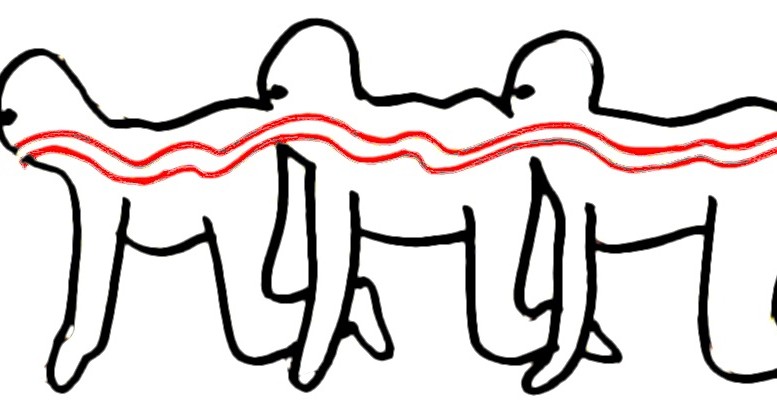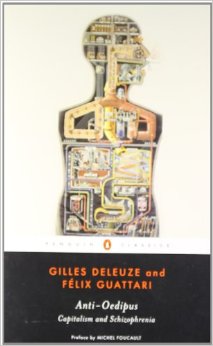By Don Allen
I have differed musings about this book. From one perspective I admire it’s bring down of Freud and its elucidation of how individuals are made to yearning remorseless administrations. Maybe it’s to their brains, alongside that of other postmodern savants, that their musings no more appear earth-shaking, yet I additionally feel that their hypotheses are not exceptionally valuable on a practical level, particularly when wearing such pretentious dialect.
A most critical work in the improvement of genuine hypothesis in the late twentieth century, Anti-Oedipus is an essential content for social researchers, legendary scholars, women’s activists, savants, and others inspired by the issues of breakthrough Western traditions.
In his prelude, Michel Foucault calls Anti-Oedipus a starting to non-rightist life, alluding to political oppression as well as to the autocracy inside us-the longing to be driven. Identify with that issue, Deleuze and Guattari set forward a political investigation of yearning as it is communicated or stifled in Western traditions. They find the seeds of society’s ailment in contemporary therapy – especially in the prevailing figure of Oedipus.
Deleuze and Guattari see machines all over. The body, the earth, craving, everything techniques as a machine. In the same light, they announce, “Everything is production.“ Nothing is ever done delivering. Sustenance, a PC, a spoon, everything is generation as it keeps on creating and is attached up to different machines that keep on delivering. Regardless, only in light of the fact that nothing is ever done creating does not imply that nothing is ever delivered. It is critical to note that “Something is created: the impacts of a machine, not simply allegories”. Items exist yet just as makers. Besides, “creation is quickly utilization and a recording procedure”. The qualification in the middle of creation and utilization – and the procedure that records those – is caved in by the commonness of generation in both utilization and recording.
The book is sorted out into four sections. The first is presentation that, accepting that Anti-Oedipus is a kind of machine, depicts “what it can do and how it functions”. The second is an investigation of the thought of “wanting generation” which arranges this inside an “inner” study of Oedipus. This is trailed by a third part, which portrays the “outer” scrutinize of Oedipus and its relating idea of “social-creation.” A fourth section finishes up the book by looking at conceivably productive utilizations of Schizoanalysis inside territories of hypothetical and political activism, for example, Marxism, woman’s rights and environmentalism. All through, painstakingly points of interest the relations in the middle of Deleuze and Guattari’s book and its different hypothetical antecedents, including (among others) Marcuse, Reich, Weber, Adorno, Lukács, Klein, Lévi-Strauss and Lacan. The principal section specifically is concerned to position Anti-Oedipus in a custom of “supernatural”
The second and third parts involve examinations, clarifying – in genuine Kantian style – the three “blends” of the oblivious, the “paralogisms” of analysis (the illegitimate employments of these three unions), and the social developments, which generally compare to the recorded advancement of Oedipus (brutality, oppression, and private enterprise). The focal subjects investigated here incorporate thoughts of generation and hostile to creation, the “body-without-organs” as a format for wanting creation, frameworks of (political and phonetic) representation and engraving, and the generally changing character of the “Socinus,” together with the different ventures of longing (social and psychic) that constitute it. While these sections are entirely explicatory, the fourth and last section, entitled “Past Critique: Schizoanalysis and all inclusive history,” endeavors to orchestrate Deleuze and Guattari’s bits of knowledge and apply them to the fields of contemporary political and hypothetical verbal confront.


Be the first to comment on "A Critique of Deleuze and Guattari’s Anti Oedipus: Capitalism and Schizophrenia"